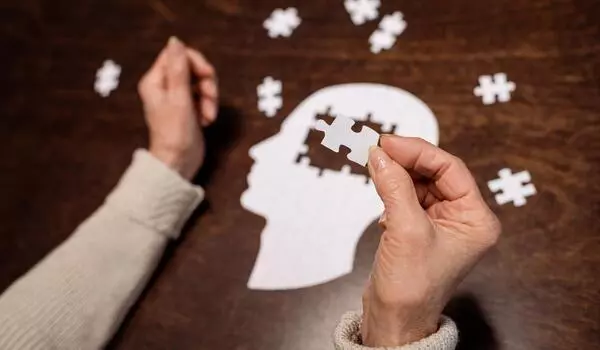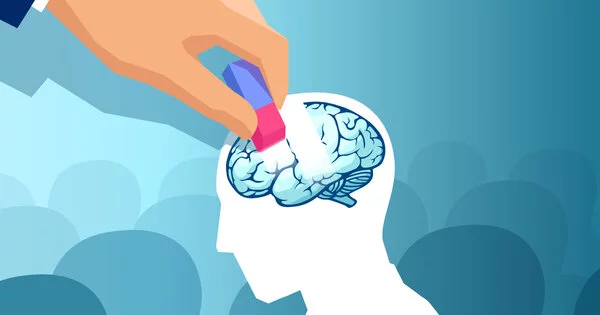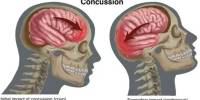Cognitive decline in aging is a complex phenomenon that can be influenced by a number of factors, including genetic, environmental, and lifestyle factors. Scientists at the University of Colorado Anschutz Medical Campus believe they have found the basic mechanism underlying cognitive impairment associated with normal aging.
“The mechanism involves misregulation of a brain protein known as CaMKII, which is critical for memory and learning,” said Ulli Bayer, Ph.D., professor of pharmacology at the University of Colorado School of Medicine and co-senior author of the study. “This study suggests specific pharmacological treatment strategies directly.”
The findings were published today in the journal Science Signaling.
The current study now shows that a decrease in this modification of CaMKII is sufficient to cause impairments in synaptic plasticity and memory that are similar to those seen with aging.
Ulli Bayer
Using animal models, researchers discovered that changing the CaMKII brain protein generated cognitive consequences similar to those seen with natural aging. According to Bayer, aging in mice and humans both decreases a process known as S-nitrosylation, which is the modification of certain brain proteins such as CaMKII.
“The current study now shows that a decrease in this modification of CaMKII is sufficient to cause impairments in synaptic plasticity and memory that are similar to those seen with aging,” Bayer added.
Alzheimer’s disease and other forms of dementia are significantly linked to cognitive impairment in old age. Understanding the underlying causes of these disorders, such as the formation of amyloid-beta plaques and tau tangles in the brain, has been the focus of research.

Nitric oxide levels in the body decrease as we age. According to the study, this diminishes nitrosylation, which reduces memory and learning ability.
According to Bayer, the new discovery paves the path for the development of medications and other therapeutic approaches that could restore the protein’s nitrosylation. He claims that this opens the door of curing or delaying natural cognitive decline for an undetermined period of time. He emphasized that this would only work in normal age-related cognitive loss, not in Alzheimer’s disease and dementia.
“We know that this protein can be targeted,” stated Bayer. “And we believe it can be done pharmacologically.” That is the logical next step.”
Genetic factors play a significant role in determining an individual’s susceptibility to cognitive decline. Researchers were identifying genetic markers associated with an increased risk of age-related cognitive impairments. Maintaining the plasticity of synapses (the connections between neurons) is crucial for cognitive function. Research was ongoing to understand how age-related changes in synaptic plasticity might contribute to cognitive decline.
















